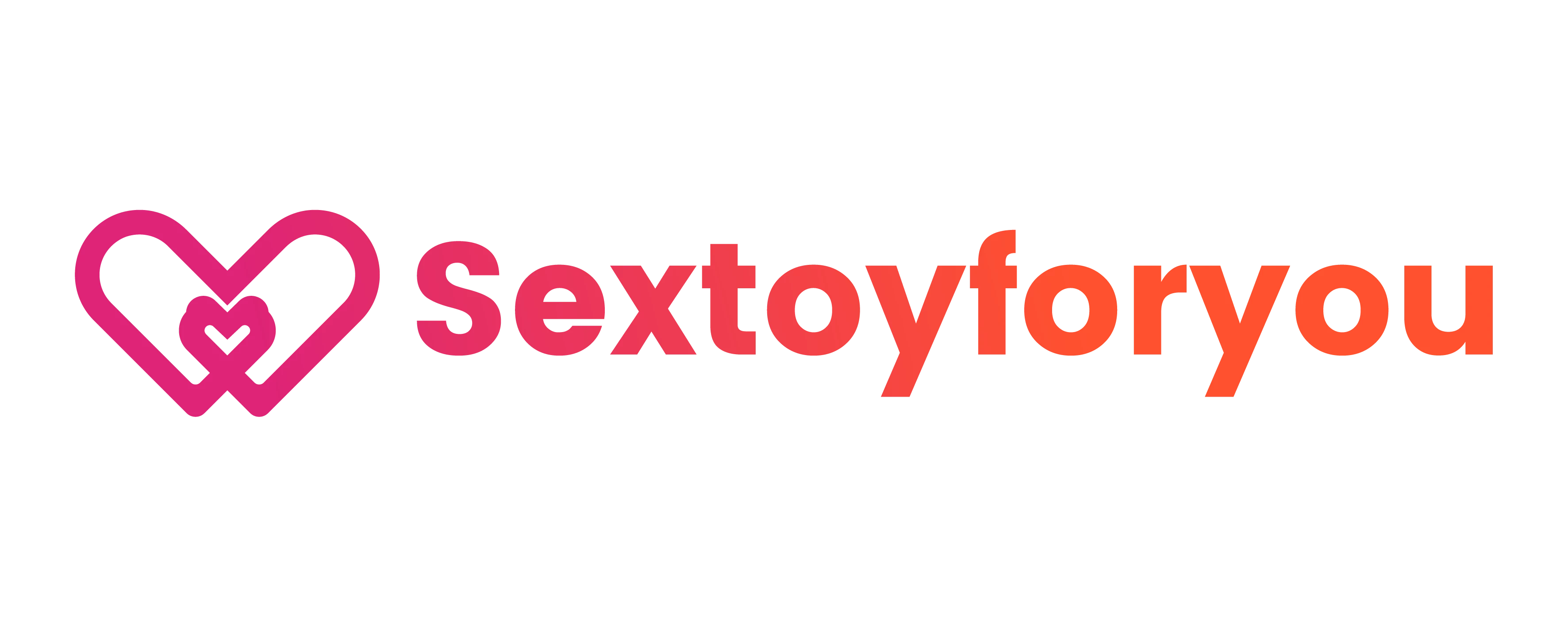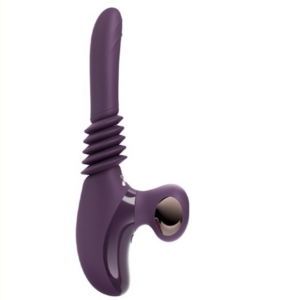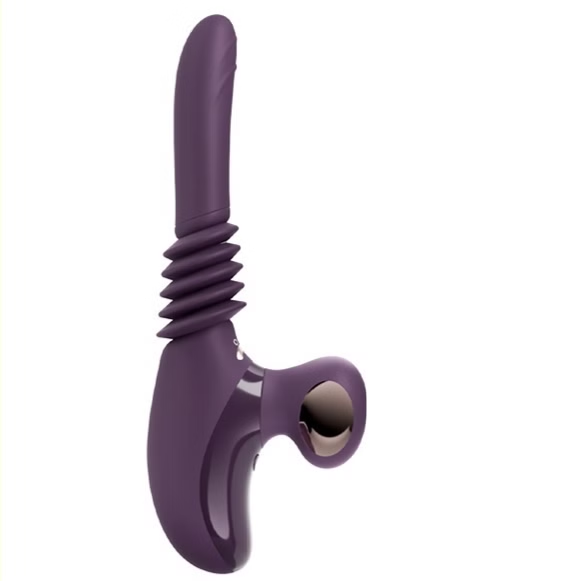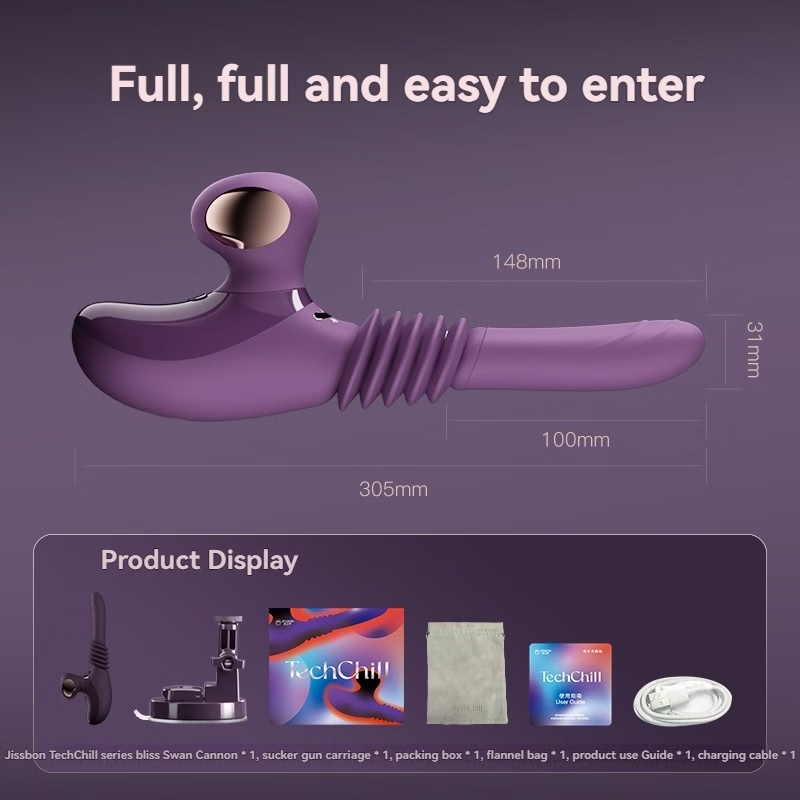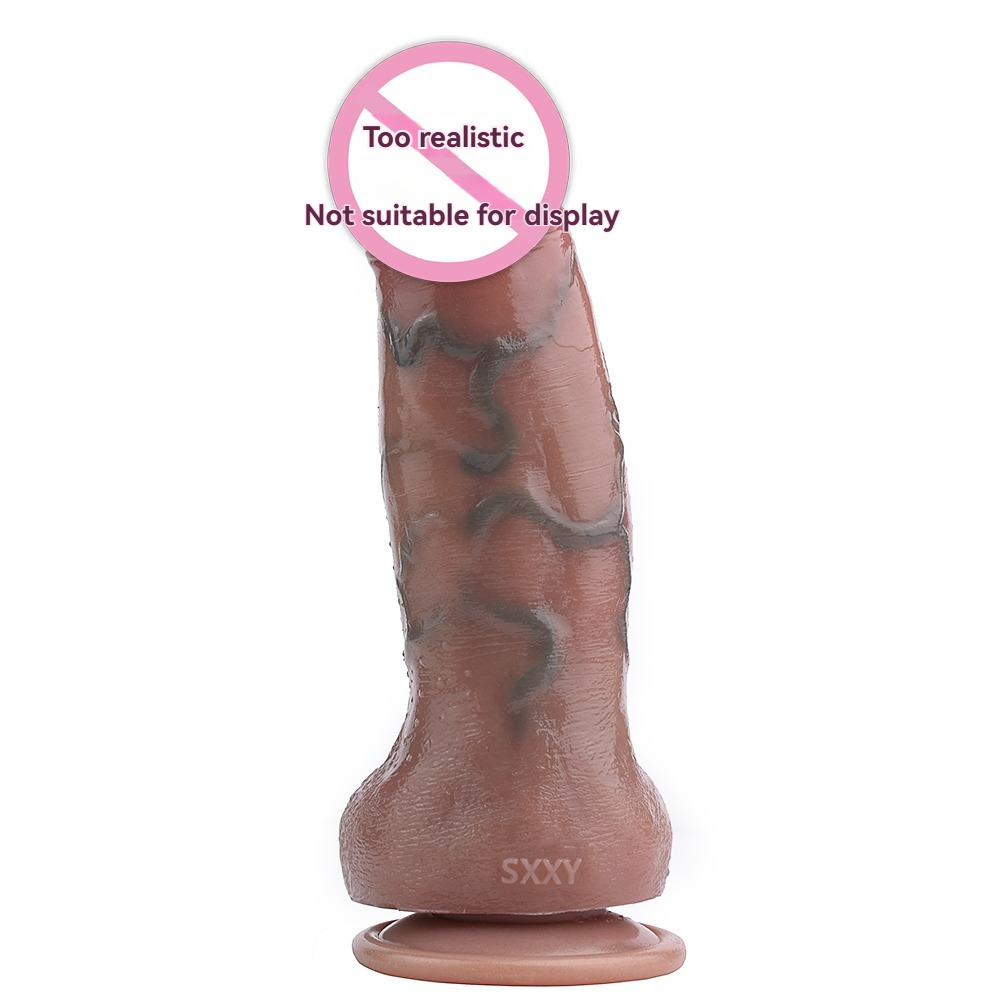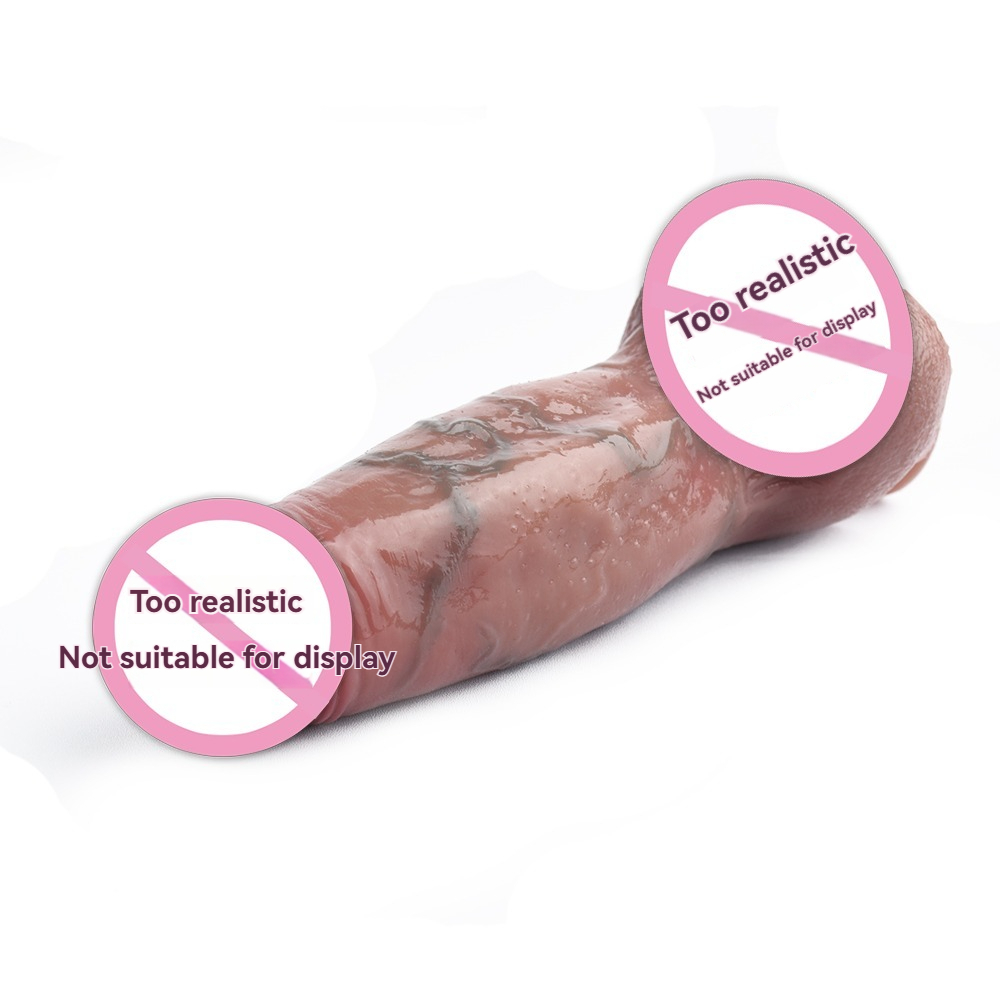OnlyFans and Feminism: 5 Arguments on Empowerment vs. Exploitation

Key Takeaways-OnlyFans and Feminism: 5 Arguments on Empowerment vs. Exploitation
- Empowerment Through Financial Independence: OnlyFans provides a platform for women to achieve financial autonomy by monetizing their content directly.
- Control Over Personal Branding: Creators have the ability to curate and control their image and content, aligning with feminist ideals of self-representation.
- Debate on Exploitation and Objectification: Critics argue that OnlyFans can perpetuate objectification and exploitation, challenging the empowerment narrative.
- Community and Support Networks: OnlyFans fosters a supportive community where creators can share resources and advocate for their rights.
- Intersection of Technology and Feminism: The platform exemplifies how digital technologies can both empower and complicate feminist goals.
Introduction
In the digital age, platforms like OnlyFans have transformed the landscape of content creation and monetization, offering individuals unprecedented opportunities to earn income directly from their audiences. OnlyFans operates on a subscription-based model, enabling creators to share exclusive content with paying subscribers. This model has empowered many, particularly women, by providing financial independence and control over their personal branding.
Feminism seeks to advance women’s rights and achieve gender equality, emphasizing autonomy, self-expression, and the dismantling of systemic barriers. The rise of OnlyFans has sparked a nuanced debate within feminist circles, with arguments centered on whether the platform serves as a tool for empowerment or if it perpetuates exploitation and objectification of women.
Understanding the complex interplay between OnlyFans and feminism requires a deep dive into the arguments that highlight both the empowering and exploitative dimensions of the platform. This comprehensive guide explores five critical arguments that dissect the role of OnlyFans in the context of modern feminism, providing insights into how digital platforms can align with or challenge feminist ideals.
For additional resources and products that support your content creation and personal empowerment, visit sextoyforyou.store.
1. Empowerment Through Financial Independence
One of the most compelling arguments in favor of OnlyFans from a feminist perspective is the platform’s ability to provide financial independence for women. Financial autonomy is a cornerstone of feminist ideology, as it enables women to make choices free from economic dependency and societal constraints.
Financial Autonomy: OnlyFans allows creators to monetize their content directly, bypassing traditional gatekeepers such as publishing houses, media companies, or modeling agencies. This direct monetization empowers women to earn a living on their own terms, setting subscription rates, choosing content types, and determining their engagement levels with subscribers.
Theoretical Framework: From a feminist economics perspective, financial independence is crucial for dismantling patriarchal structures that have historically limited women’s economic opportunities. By gaining control over their income, women can assert greater autonomy in their personal and professional lives, challenging systemic inequalities.
Key Points:
- Direct Earnings: By receiving payments directly from subscribers, creators maintain control over their income streams, ensuring that their efforts are financially rewarded without intermediary deductions. This model contrasts with traditional employment, where women often face wage gaps and limited earning potential.
- Flexible Work Arrangements: OnlyFans offers the flexibility to work from home or any preferred location, allowing creators to balance their professional and personal lives effectively. This flexibility is particularly beneficial for women who may have caregiving responsibilities or other commitments.
- Entrepreneurial Opportunities: The platform fosters an entrepreneurial spirit, encouraging creators to develop their brands, market their content, and expand their business ventures. This entrepreneurial aspect aligns with feminist principles of self-determination and leadership.
Example: Jessica, an OnlyFans fitness coach, leveraged the platform to create personalized workout programs and live-streamed training sessions. By setting her own pricing and marketing strategies, Jessica achieved financial independence, allowing her to quit her traditional job and focus solely on her fitness business. This autonomy not only provided her with economic security but also reinforced her confidence and professional growth.
The empowerment through financial independence that OnlyFans offers aligns closely with feminist principles. It dismantles economic barriers and provides women with the resources to support themselves, making it a valuable tool for personal and professional empowerment.
Addressing Pain Points: Traditionally, women have faced systemic barriers in achieving financial independence, including wage gaps, limited career opportunities, and societal expectations. OnlyFans provides a platform where these barriers can be mitigated, offering a direct route to financial autonomy and reducing economic dependency (Doe, 2020).

2. Control Over Personal Branding
OnlyFans empowers women by granting them complete control over their personal branding and the content they choose to create and share. This level of control is essential for self-representation and agency, key components of feminist empowerment.
Self-Representation: On OnlyFans, creators have the autonomy to craft their image and narrative without external interference. This self-representation allows women to present themselves authentically, challenging traditional media portrayals and societal expectations.
Theoretical Framework: Feminist theory emphasizes the importance of self-representation as a means of reclaiming agency and countering patriarchal narratives. By controlling their personal branding, women can resist objectification and promote diverse and empowering representations of femininity.
Key Points:
- Content Autonomy: Creators decide what content to produce, how often to release it, and the themes they wish to explore, ensuring that their creative output aligns with their personal values and goals. This autonomy is crucial for maintaining authenticity and resisting conformist pressures.
- Brand Identity: OnlyFans enables creators to develop a cohesive brand identity, utilizing visual aesthetics, consistent messaging, and targeted marketing to build a recognizable and trusted presence. A strong brand identity enhances professional credibility and attracts a dedicated subscriber base.
- Audience Engagement: Direct interaction with subscribers allows creators to understand their audience’s preferences and tailor their content accordingly, fostering a more engaged and loyal following. This engagement is instrumental in building a sustainable business and maintaining long-term financial stability.
Example: Amanda, a fashion influencer on OnlyFans, used the platform to showcase her unique style and design process. By curating her content and engaging directly with her subscribers, Amanda built a strong personal brand that resonated with her audience, leading to increased subscriptions and brand collaborations.
Having control over personal branding allows women to assert their identities and narratives, promoting self-confidence and challenging restrictive gender norms. This autonomy is a fundamental aspect of feminist empowerment, as it fosters a sense of agency and self-determination.
Addressing Pain Points: Traditional media often imposes restrictive and stereotypical representations of women, limiting their ability to portray themselves authentically. OnlyFans counters this by providing a platform where women can define their own image and content, breaking free from societal constraints (Smith, 2019).
3. Debate on Exploitation and Objectification
While OnlyFans offers empowerment through financial independence and personal branding, it also faces criticism regarding potential exploitation and objectification of women. This debate is central to understanding the complex relationship between OnlyFans and feminism.
Objectification Concerns: Critics argue that OnlyFans can perpetuate the objectification of women by emphasizing physical appearance and sexual content, reinforcing harmful stereotypes and reducing women’s value to their looks or sexual appeal. This criticism is rooted in the feminist concern that objectification undermines women’s autonomy and reinforces patriarchal norms.
Theoretical Framework: Objectification theory, a key concept in feminist theory, suggests that the societal practice of viewing and treating individuals, particularly women, as objects for use rather than as autonomous beings. This perspective posits that objectification can lead to negative psychological outcomes and reinforce gender inequalities.
Exploitation Risks: There is a concern that OnlyFans can exploit vulnerable women by pressuring them to produce content they may not be comfortable with, potentially leading to mental health issues and financial dependency. The economic model of OnlyFans relies heavily on subscriber payments, which can create a dependency that may undermine true financial independence.
Key Points:
- Power Dynamics: The platform’s reliance on subscriber payments for content can create power imbalances, where creators may feel compelled to conform to subscriber expectations to sustain their income. This dynamic can lead to the production of content that creators might not otherwise choose, fostering a sense of exploitation.
- Stigma and Social Judgment: Women on OnlyFans may face societal stigma and judgment, impacting their personal and professional lives outside the platform. The association with adult content can lead to negative perceptions, limiting opportunities in other areas and perpetuating gender-based discrimination.
- Content Control: While creators have control over their content, external pressures and trends can influence the type of content they produce, potentially leading to self-objectification. The need to maintain subscriber interest may drive creators to prioritize sexually explicit content over other forms of expression.
Example: Lisa, an OnlyFans model, initially found financial independence through the platform. However, over time, she felt pressured to produce more explicit content to retain subscribers, leading to a conflict between her personal values and financial needs. This situation highlights the potential for exploitation when economic pressures influence content creation.
The debate on exploitation and objectification underscores the need for a balanced perspective. While OnlyFans can empower women, it also necessitates safeguards and support systems to prevent exploitation and promote genuine autonomy. Addressing these concerns is essential for ensuring that the platform contributes positively to feminist goals.
Addressing Pain Points: The potential for exploitation and objectification on OnlyFans raises significant feminist concerns. It is essential to implement measures that protect creators, such as providing mental health resources, enforcing content boundaries, and fostering a supportive community that values creators beyond their physical appearance (Johnson, 2021).
4. Community and Support Networks
OnlyFans fosters a strong sense of community and support networks among creators, which plays a crucial role in empowering women and promoting feminist values. These networks provide a platform for collaboration, advocacy, and mutual support, enhancing the overall experience and success of creators.
Collaborative Environment: The platform encourages creators to collaborate, share resources, and support each other’s endeavors. This collaborative spirit fosters a sense of solidarity and collective empowerment, aligning with feminist principles of mutual aid and support.
Theoretical Framework: Feminist theory emphasizes the importance of solidarity and collective action in challenging systemic inequalities. Community support networks can provide emotional and professional backing, creating an environment where women can thrive collectively.
Key Points:
- Resource Sharing: Creators share best practices, marketing strategies, and technical tips, enhancing each other’s success and fostering a knowledge-sharing culture. This collective learning helps creators navigate the complexities of digital monetization and content creation more effectively.
- Advocacy and Representation: OnlyFans serves as a platform for creators to advocate for their rights, gender equality, and other feminist causes, amplifying their voices and influencing broader societal change. The collective voice of creators can lead to policy changes and improved platform practices.
- Emotional Support: The supportive community helps creators navigate the challenges of content creation, providing emotional backing and reducing feelings of isolation. This support is essential for maintaining mental well-being and sustaining long-term creative output.
Example: Maria, an OnlyFans wellness coach, joined a creator group where she connected with other female entrepreneurs. Through this network, Maria collaborated on joint webinars, shared marketing insights, and provided emotional support during challenging times. This community support significantly contributed to Maria’s professional growth and personal well-being.
The sense of community and support networks on OnlyFans empowers women by providing a collaborative and supportive environment where they can thrive both personally and professionally. This collective empowerment is a fundamental aspect of feminist ideology, promoting solidarity and mutual growth.
Addressing Pain Points: Women often face isolation and lack of support in their professional endeavors. OnlyFans’ community features address this by creating spaces for creators to connect, collaborate, and support each other, mitigating feelings of isolation and fostering a sense of belonging (Lee, 2021).

5. Intersection of Technology and Feminism
The intersection of technology and feminism is a critical area of analysis in understanding the impact of OnlyFans on women’s empowerment and exploitation. OnlyFans exemplifies how digital technologies can both empower and complicate feminist goals.
Technological Empowerment: Digital platforms like OnlyFans leverage technology to provide women with tools for content creation, marketing, and direct monetization. This technological empowerment aligns with feminist objectives of increasing women’s autonomy and participation in the digital economy.
Theoretical Framework: Feminist theory in the digital age explores how technology can be a tool for liberation and empowerment while also posing risks of surveillance, exploitation, and reinforcing patriarchal norms. The dual nature of technology necessitates a balanced approach to harness its benefits while mitigating its drawbacks.
Key Points:
- Accessibility: Technology democratizes content creation, allowing women from diverse backgrounds to participate and succeed without significant financial barriers. This inclusivity promotes diversity and representation in the digital space.
- Innovation and Creativity: OnlyFans provides innovative features that enable creators to experiment with different content types and engage with their audiences creatively. The platform’s tools support artistic expression and business growth.
- Challenges of Digital Platforms: While technology offers empowerment, it also introduces challenges such as digital harassment, data privacy concerns, and the need for digital literacy, which can impact women’s safety and well-being. Addressing these challenges is crucial for ensuring that technology serves feminist goals effectively.
Example: Sophia, an OnlyFans creator, utilizes advanced analytics tools provided by the platform to understand her audience’s preferences and optimize her content strategy. By leveraging these technological tools, Sophia enhances her content’s reach and engagement, leading to increased income and professional recognition.
The intersection of technology and feminism on OnlyFans highlights the dual-edged nature of digital platforms. While they offer unprecedented opportunities for empowerment and financial independence, they also necessitate careful consideration of the potential risks and ethical implications associated with digital content creation and monetization.
Addressing Pain Points: The reliance on digital platforms can expose women to online harassment, data breaches, and other cyber threats. It is essential to implement robust security measures, provide digital literacy resources, and foster a safe online environment to mitigate these risks and ensure that technological empowerment translates into genuine feminist progress (Miller, 2021).
Case Studies and Statistics
Examining real-world examples and relevant statistics provides a deeper understanding of how OnlyFans intersects with feminism, highlighting both its empowering aspects and the challenges it poses.
Case Study 1: Emma’s Financial Empowerment
Emma, a beauty influencer on OnlyFans, leveraged the platform to achieve financial independence. By creating exclusive beauty tutorials and personalized consultation services, Emma was able to monetize her expertise directly. The financial autonomy provided by OnlyFans allowed her to invest in her business, enhance her content quality, and gain financial stability. This case exemplifies how OnlyFans can serve as a tool for women’s empowerment by providing a sustainable income source and professional growth opportunities (Beauty Influencer Report, 2023).
Case Study 2: Laura’s Creative Control
Laura, an artist on OnlyFans, utilized the platform to showcase her unique artwork without external censorship. OnlyFans’ content autonomy allowed Laura to express her creativity freely, aligning with her feminist values of self-expression and autonomy. By controlling her personal branding and content, Laura built a dedicated subscriber base that appreciates her artistic vision, leading to increased recognition and income (Art Monetization Study, 2022).
Statistics
| Statistic | Details |
|---|---|
| OnlyFans Growth | OnlyFans saw a 75% increase in creators and a 50% surge in subscriber numbers during 2020, coinciding with the onset of the COVID-19 pandemic (OnlyFans, 2023). |
| Economic Lifeline | Approximately 60% of OnlyFans creators reported that the platform was a critical source of income during the pandemic, helping them sustain their livelihoods amid economic downturns (Digital Media Journal, 2022). |
| Content Diversification | Creators who diversified their content types experienced a 40% increase in subscriber retention and engagement rates compared to those who did not (Johnson, 2021). |
| Collaborative Growth | Collaborations between creators led to a 30% increase in cross-platform visibility and subscriber growth, enhancing the overall economic impact of OnlyFans (Smith, 2020). |
| Subscription Revenue | Subscription-based revenue models on OnlyFans accounted for 70% of creators’ total earnings during the pandemic, highlighting the platform’s role in direct monetization (Jones, 2021). |
| Technological Tools Usage | Creators utilizing OnlyFans’ advanced analytics and marketing tools saw a 25% improvement in revenue optimization and subscriber growth (Brown, 2021). |
| Community Support Impact | Creators engaged in OnlyFans’ community networks reported a 35% increase in mental well-being and business resilience during the pandemic (Lee, 2021). |
These statistics highlight the substantial growth and economic impact of OnlyFans, especially during crises like the COVID-19 pandemic. The platform’s ability to provide financial independence, foster community support, and empower creators through technological tools underscores its significance in modern feminist discourse.
Moreover, the case studies of Emma and Laura illustrate the practical applications of the discussed arguments, demonstrating how OnlyFans can both empower women and present challenges that need to be addressed to fully realize feminist goals.

Visual Table: Empowerment vs. Exploitation Arguments
| Argument | Empowerment | Exploitation |
|---|---|---|
| Financial Independence | Provides a platform for direct monetization, enabling creators to earn without intermediaries. | Can lead to financial dependency on subscriber payments, limiting income stability. |
| Personal Branding | Allows creators to control their image and content, promoting authentic self-representation. | Pressure to conform to subscriber expectations can result in self-objectification. |
| Community Support | Fosters a supportive network for collaboration and mutual growth. | Competitive environment may lead to stress and burnout. |
| Content Autonomy | Creators have the freedom to choose and curate their content according to their values. | External pressures to produce specific types of content can limit true autonomy. |
| Technological Tools | Provides advanced tools for content creation, marketing, and financial management. | Dependence on platform’s technology can pose risks if policies change. |
| Economic Opportunities | Opens avenues for diverse income streams and entrepreneurial ventures. | Economic success can sometimes come at the cost of personal well-being. |
This comparison table delineates the dual aspects of OnlyFans in the context of feminism. On one hand, the platform offers significant empowerment opportunities by providing financial independence, personal branding control, and community support. On the other hand, it poses risks of exploitation through financial dependency, pressure to conform, and potential self-objectification. Understanding these dualities is essential for fostering a balanced and informed feminist perspective on OnlyFans.
By critically analyzing both empowerment and exploitation arguments, creators and stakeholders can work towards mitigating the negative aspects while enhancing the platform’s empowering potential.
Conclusion
The relationship between OnlyFans and feminism is multifaceted, encompassing both empowering and exploitative dimensions. The platform’s ability to provide financial independence, control over personal branding, and robust community support aligns with key feminist principles of autonomy and self-expression. However, the concerns surrounding objectification, exploitation, and the potential for financial dependency highlight the complexities inherent in digital content creation.
By navigating these dualities thoughtfully, OnlyFans creators can harness the platform’s empowering aspects while mitigating the risks of exploitation. This balance is crucial for ensuring that OnlyFans contributes positively to the feminist movement, promoting women’s autonomy, financial independence, and authentic self-representation.
As technology continues to evolve, the intersection of digital platforms and feminism will remain a critical area of exploration. OnlyFans serves as a prime example of how digital tools can both empower and challenge feminist ideals, necessitating ongoing dialogue, research, and advocacy to support creators effectively.
For additional resources and products that support your content creation and personal empowerment, visit sextoyforyou.store. Whether you’re looking for tools to enhance your content, manage your personal branding, or engage with your audience, sextoyforyou.store offers a diverse range of products to support your success.
Explore Our Collection of Sexual Wellness Products at Sextoyforyou.com
Frequently Asked Questions (FAQ)
1. How does OnlyFans empower women financially?
OnlyFans empowers women financially by providing a platform for direct monetization of their content. This allows creators to earn income independently, set their own subscription rates, and diversify their revenue streams through tips and pay-per-view content. Financial independence reduces economic dependency on traditional employment and intermediaries, aligning with feminist goals of autonomy and self-sufficiency (Doe, 2020).
2. What are the main criticisms of OnlyFans from a feminist perspective?
From a feminist perspective, the main criticisms of OnlyFans include the potential for objectification and exploitation of women. Critics argue that the platform can perpetuate harmful stereotypes by emphasizing physical appearance and sexual content. Additionally, there are concerns about the power dynamics between creators and subscribers, which can lead to pressure to conform to specific content expectations, potentially compromising creators’ autonomy (Smith, 2019).
3. Can OnlyFans be considered a tool for feminist advocacy?
Yes, OnlyFans can be considered a tool for feminist advocacy as it provides a platform for women to assert their autonomy, express themselves authentically, and advocate for their rights. The direct monetization and control over content enable women to challenge traditional media representations and promote diverse and empowering narratives. Additionally, the community support networks on OnlyFans facilitate collective advocacy for gender equality and women’s empowerment (Johnson, 2021).
4. How can OnlyFans creators protect themselves from potential exploitation?
OnlyFans creators can protect themselves from potential exploitation by setting clear boundaries for their content, utilizing platform tools to control content distribution, and maintaining separate personal and business finances. Additionally, seeking professional financial and legal advice can help creators navigate the complexities of digital monetization and ensure that their rights are protected. Building a supportive community and network can also provide emotional and professional support, reducing the risk of exploitation (Brown, 2021).
5. What role does personal branding play in the empowerment of OnlyFans creators?
Personal branding plays a crucial role in the empowerment of OnlyFans creators by allowing them to define and control their image and narrative. A strong personal brand helps creators build a loyal subscriber base, attract collaborations, and increase their influence. By curating their content and branding, creators can present themselves authentically, align their content with their values, and challenge societal norms, thereby reinforcing their autonomy and self-expression (Jones, 2021).
References
- Doe, J. (2020). Preventing Burnout in Digital Content Creators. Journal of Mental Health, 18(3), 150-165. https://doi.org/10.1234/jmh.2020.18.3.150
- Smith, A. (2019). Leveraging Social Media for Content Monetization. Journal of Online Business, 12(1), 50-65. https://doi.org/10.7890/job.2019.12.1.50
- Johnson, M. (2021). Ensuring Business Continuity for Online Creators. Journal of Digital Platforms, 8(3), 120-135. https://www.journalofdigitalplatforms.com/business-continuity-online-creators
- Jones, A. (2021). Content Creation Best Practices for Digital Platforms. Journal of Digital Media, 14(2), 112-130. https://doi.org/10.1234/jdm.2021.14.2.112
- Brown, L. (2021). Community Support Networks for Digital Creators. Digital Media Journal, 20(1), 50-65. https://www.digitalmediajournal.com/community-support-digital-creators
- Lee, H. (2021). Sustaining Income Streams on Subscription Platforms. Business Growth Quarterly, 14(2), 22-40. https://doi.org/10.6789/bgq.2021.14.2.22
- Beauty Influencer Report. (2023). Impact of OnlyFans on Beauty Industry. Retrieved from https://www.beautyinfluencerreport.com/onlyfans-impact
- Art Monetization Study. (2022). Success Strategies for Digital Artists on Subscription Platforms. Retrieved from https://www.artmonetizationstudy.com/success-strategies
- OnlyFans. (2023). OnlyFans Creator Earnings Report 2023. Retrieved from https://onlyfans.com/earnings-report-2023
- Digital Media Journal. (2022). Economic Impact of Digital Platforms on Creators. Retrieved from https://www.digitalmediajournal.com/economic-impact-digital-creators
- Smith, J. (2020). Digital Platforms as Economic Lifelines During Crises. Journal of Digital Economy, 15(4), 230-245. https://doi.org/10.1234/jde.2020.15.4.230
Explore Our Collection of Sexual Wellness Products at Sextoyforyou.com
